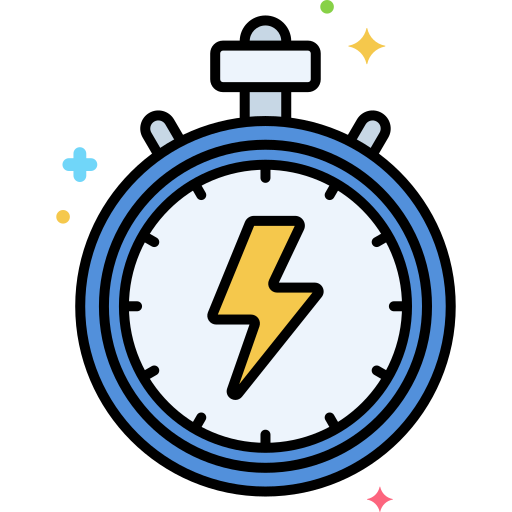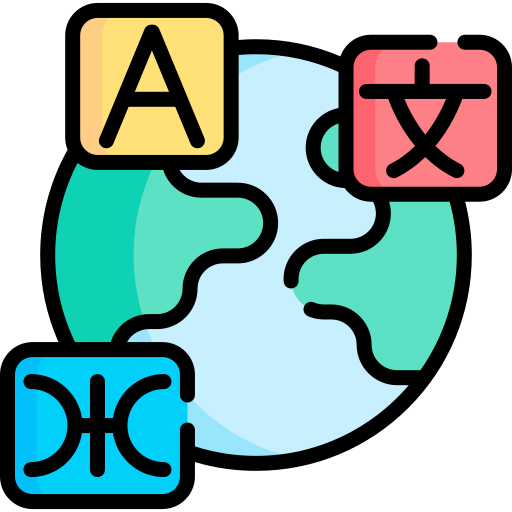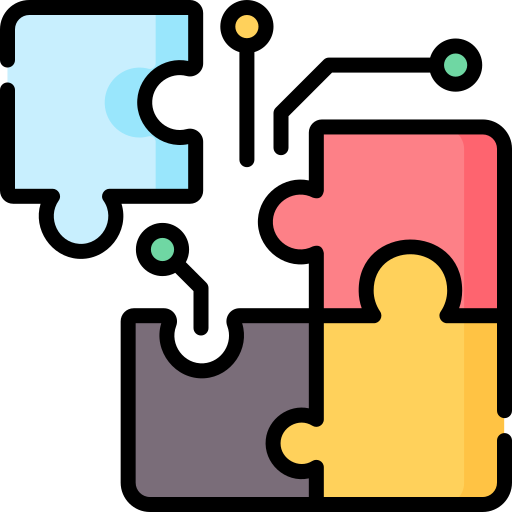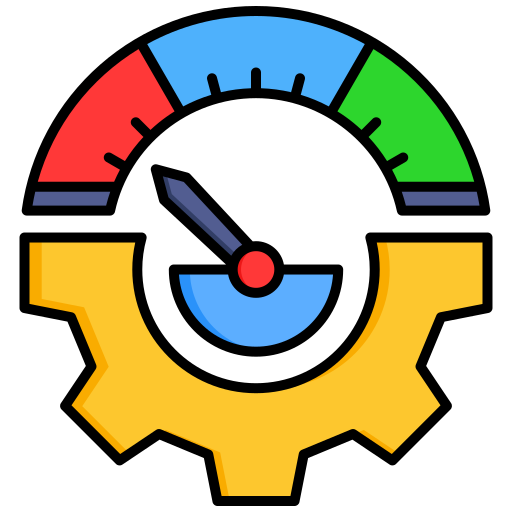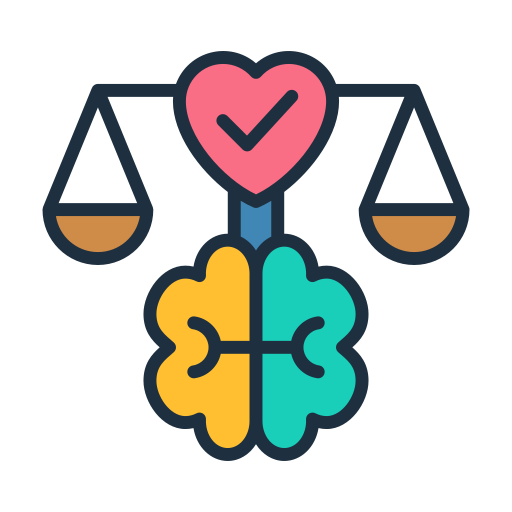
This logo isn't an ad or affiliate link. It's an organization that shares in our mission, and empowered the authors to share their insights in Byte form.
Rumie vets Bytes for compliance with our
Standards.
The organization is responsible for the completeness and reliability of the content.
Learn more
about how Rumie works with partners.
Have you lost opportunities to connect with other people and cultures because you didn't know their language?

Have you thought of using AI for translation to help you?

As AI tools are becoming more commonly used and accessible, you can consider AI to help you with translation. However, it's important to consider the benefits and challenges of using AI for translation so you can make the best decision! 🧠
AI for Translation
AI advances in the last few years, especially on large language models (LLM), have provided more opportunities to access real-time and more accurate translation tools.
Watch the clip below showing two people using a real-time translation tool to converse in English and Spanish:

E-commerce and business
Target customers in different languages.
Localize content for audiences in different countries and regions.

Education
Create educational content for multilingual learners.
Promote cross-cultural communication.
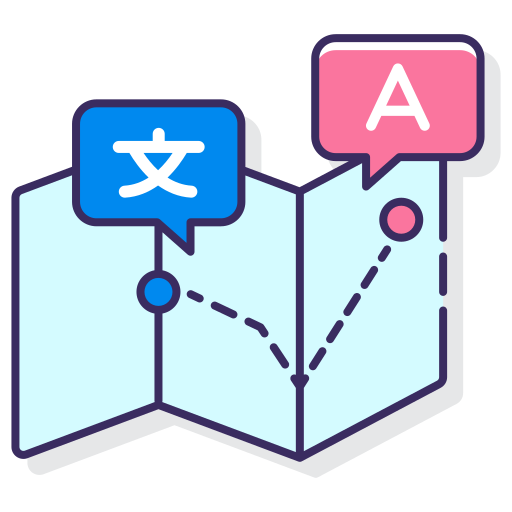
Tourism and travel
Provide travellers with translation tools to help them communicate.

Entertainment
Perform subtitling and dubbing for media content.
What Are the Pros of AI for Translation?
Test Your Knowledge: Pros ⚡

Meet Helena. She runs the newspaper for the students' association at her university. She wants to offer content in different languages to be more inclusive to multilingual students. Why should Helena consider using AI for translation?
A. Using an AI translation tool is cheap.
B. AI translation tools work with a great number of languages.
C. AI translations are always better than human translations.
D. Helena can quickly generate the translations and then verify and improve them with speakers of those languages.
Quiz
Why should Helena consider using AI? Select all the answers that apply:
AI can reduce costs, work with many languages, and provide fast results. However, AI translations aren't better than humans' work by default.
What Are the Cons of AI for Translation?
Using AI for translation also comes with different limitations and concerns.

Some aspects to consider are:
Test Your Knowledge: Cons ⚡

Helena is moving to Canada to study. She must translate her academic transcripts, certificates, and work samples into English for the application.
Helena is thinking of using a translation agency that uses an innovative AI translation tool instead of human translators to help her with that. What should Helena consider before choosing this option?
A. The privacy and protection of her data
B. Specialized translations can be challenging for AI tools
C. Consulting with a certified translator who is experienced in doing this work
D. All of the above
Quiz
What should Helena consider before choosing this option? Select all the answers that apply:
This translation task involves managing sensitive information and is part of an important academic procedure. Helena must consider whether AI translation is appropriate in this case.
Take Action
Time to a make decision!
Will you use AI for translation?
This Byte has been authored by
JOSÉ LUIS ORTIZ SORIA
Language Teacher | Former Web Developer

